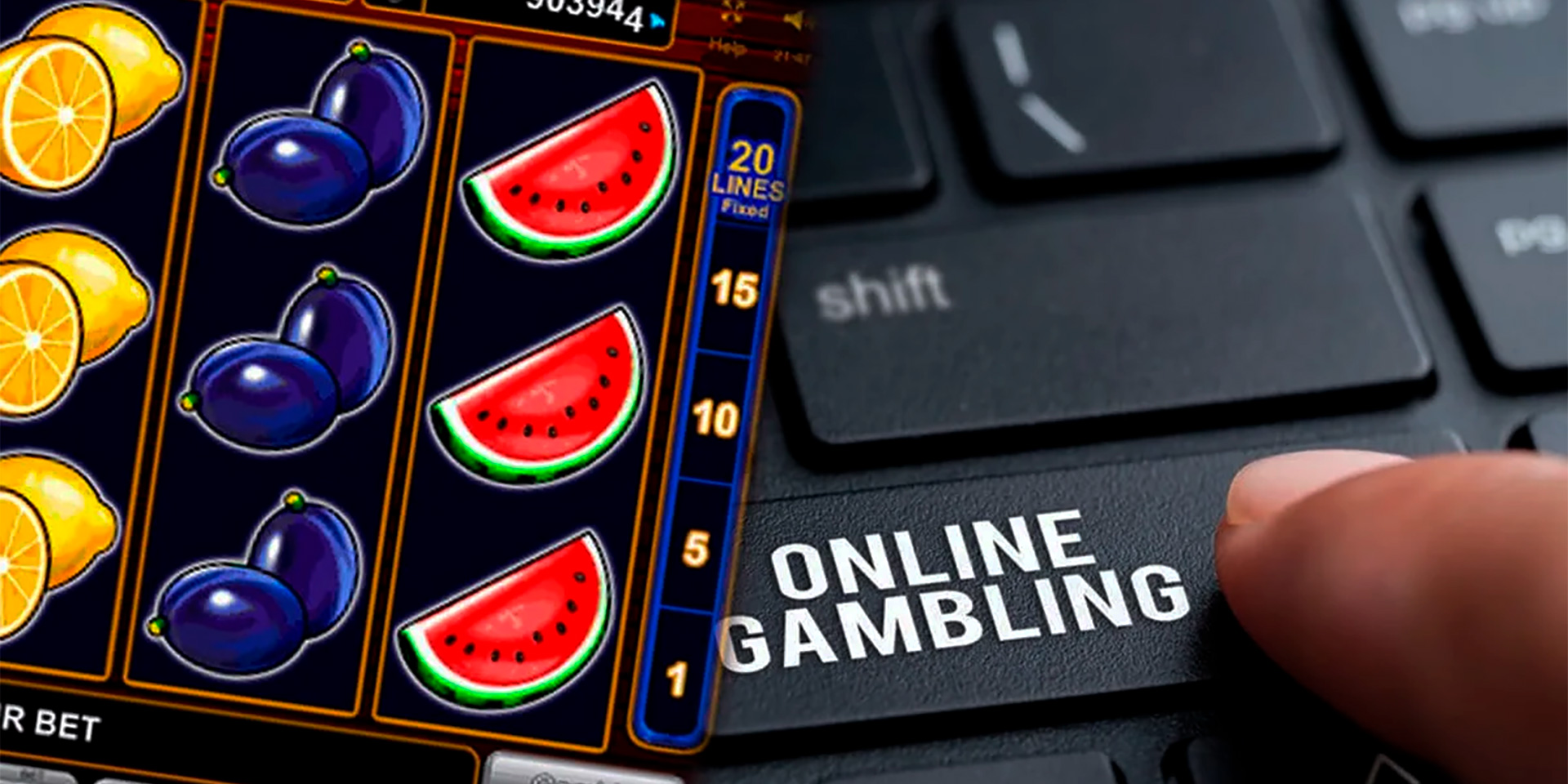The role of trust cannot be overemphasized in the online gambling sector. As the digital landscape goes on evolving, the psychology behind trust in online gambling platforms has to be understood with greater depth. This article analyzes the complex psychology behind risk mitigation perceptions, the creation of a sense of security, and fairness on the part of players in virtual betting environments. This could only be achieved by looking into the hard-wiring of our minds and determining how gambling providers can gain and retain users’ trust. Only in that way would the operators of online gambling sites achieve sustainability and success in the ever-competitive digital market.
Online Gambling Sites’ Trust Building Mechanisms
The online gambling market is a jungle of its own, and locating an safe online casino NZ can be a challenge of its own. Fear not; fellow gamblers. Behind all those flashing virtual slot machines and poker tables, there exist some robust mechanisms designed to instill trust and guarantee a safe gaming atmosphere.

Transparency and Information Disclosure
Imagine walking into a physical casino, where all the information about games, odds, and rules is placed right in front of you, just like an open book. Well, that is what online gambling platforms try to recreate digitally. It is through the provision of crystal-clear and comprehensive information about the mechanics of the game, payout rates, and terms of service that the reputed online casinos establish a relationship of trust with players. It is like having a transparent dealer who lays all the cards on the table and ensures that one knows what they are really getting into.
Security Measures and Encryption Protocols
Security Now, much as you’d not leave your wallet exposed on your seat in a busy casino, online gambling sites have state-of-the-art security measures in place to protect your sensitive information. From encryption protocols that scramble your data into an unreadable mess for cyber-criminals to multi-layered authentication processes that keep unauthorized access at bay, these digital fortresses ensure you can have peace of mind as you spin the reels or play a hand of blackjack. Think of them as virtual vaults, locking away your personal details and financial data from prying eyes.
Fairness and Integrity of Games
Ever wondered if the virtual dice are loaded or if the slot machines are rigged against you? Well, rest assured, reputable online casinos go to great lengths to uphold the integrity and fairness of their games. With rigorous testing by independent auditors and adherence to strict regulatory standards, these platforms ensure that every spin of the roulette wheel and every deal of the cards is as random and unbiased as if you were playing in a physical casino. It’s like having a watchful referee on the sidelines, making sure the game is played by the rules.
Customer Support and Dispute Resolution Mechanisms
But what if you hit a snag along the way? Fear not, for customer support is here to save the day! Reputable online casinos offer round-the-clock assistance to address any concerns or resolve any disputes that may arise during your gaming journey. Whether it’s a technical hitch during the game or a misunderstanding about bonus terms, friendly and knowledgeable support agents are just a click or a call away, ready to lend a helping hand. It’s like having a trusty lifeguard on duty, ready to dive in and rescue you whenever you find yourself in troubled waters.

Social Influence and Trust
Social influence today plays a huge role in shaping our decisions, and online gambling is no exception. Ranging from the sway of social proof to the power of user reviews, let’s delve into the way that social dynamics intertwine with trust in the world of online betting.
Social Proof Influence on Trust
You are in a casino, and suddenly, everyone is huddling around one slot machine. Even without knowing anything about it, you would be tempted to try your luck because other people are winning so much there. Such social proof translates to the online space, too. When you see other players extolling the virtues of some safe online casino NZ or sharing their experience of winning on social media, it builds your trust in the site. If so many people are having a great time, it must be a good thing to check out, right?
Role of User Reviews and Ratings
When was the last time you booked a hotel or tried a new restaurant without glancing at online reviews first? User reviews and ratings have become virtual word-of-mouth recommendations, guiding us toward worthy institutions and warning us about the pitfalls. The same is true for online gambling sites. Before plunging into the sea of virtual betting, sober players often search through reviews and ratings of different casinos just to get an idea about their level of reliability and trustworthiness.
Cognitive Biases and Trust in Gambling
In the high-stakes world of gambling, our brains often play tricks on us that set in irrational decisions and skewed perceptions. Let’s take a look at how cognitive biases can affect our trust in online gambling platforms and the implications that come with them for the players.
The Gambler’s Fallacy and Its Implications for Trust
The gambler’s fallacy: that insidious belief that past outcomes have something to do with future events. Imagine you are on a losing streak at the roulette table, and you convince yourself that a red number is “due” because it hasn’t appeared in a while. Sound familiar? This bad logic can creep into our trust in online casinos, and suddenly, we think that a string of losses somehow guarantees a win in the near future. But herein lies the rub: each spin of the wheel is independent, and the odds are the same no matter what the past outcomes were. So, entrusting your faith in the gambler’s fallacy to a safe online casino NZ is like putting faith into a rabbit’s foot: it may be comforting for the moment, but in the end, it’s just an illusion.
Illusion of Control and its Influence on Trust
We are people, after all, and we love to be in control, at least regarding matters of chance. Enter the illusion of control: the impression of our having more influence over random events than we really do. Consider a game of online poker. You study your hand meticulously, weight the options, and make moves with the hope of outsmarting your opponents. But in fact, the cards are shuffled by an algorithm, and the outcome is totally irrelevant to your actions. Yet, this illusion of control can boost our confidence in online gambling sites, making us feel that our skills and strategies actually shift the odds in our favor.

